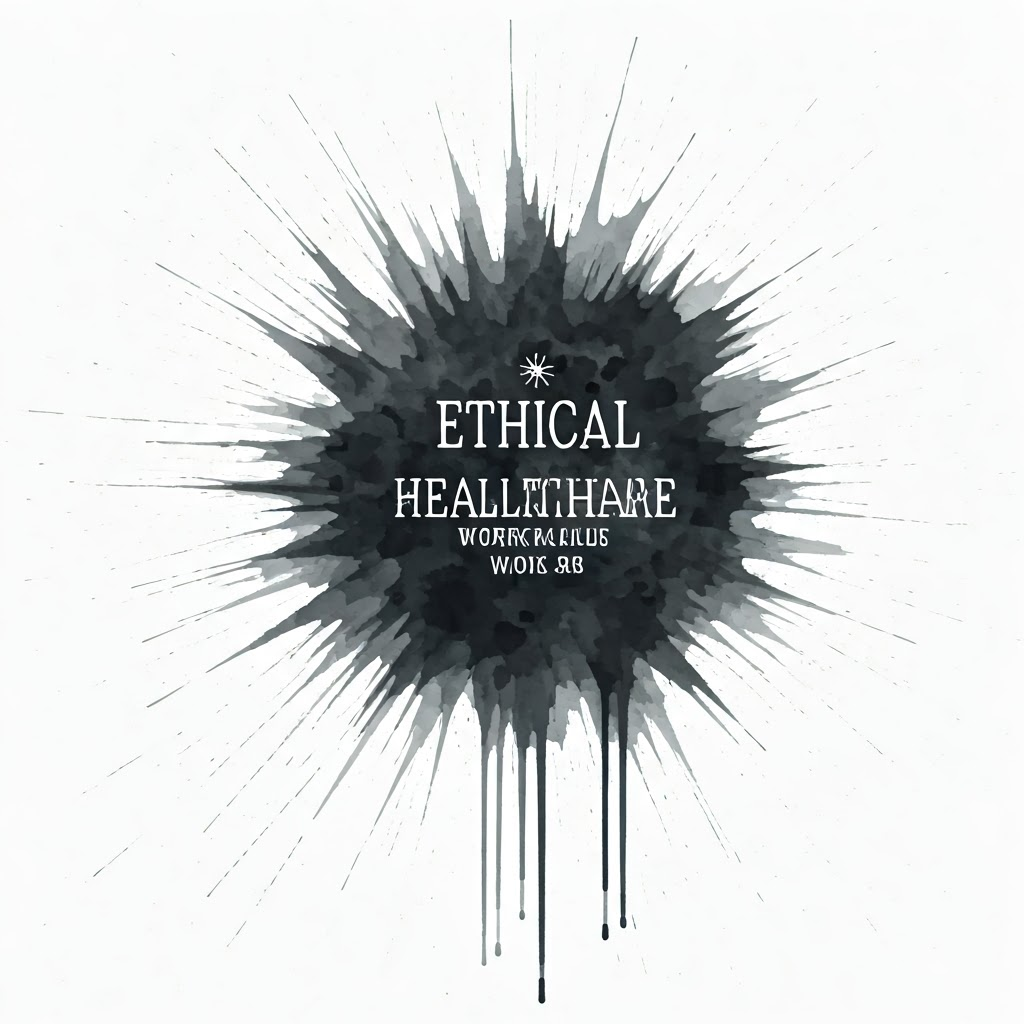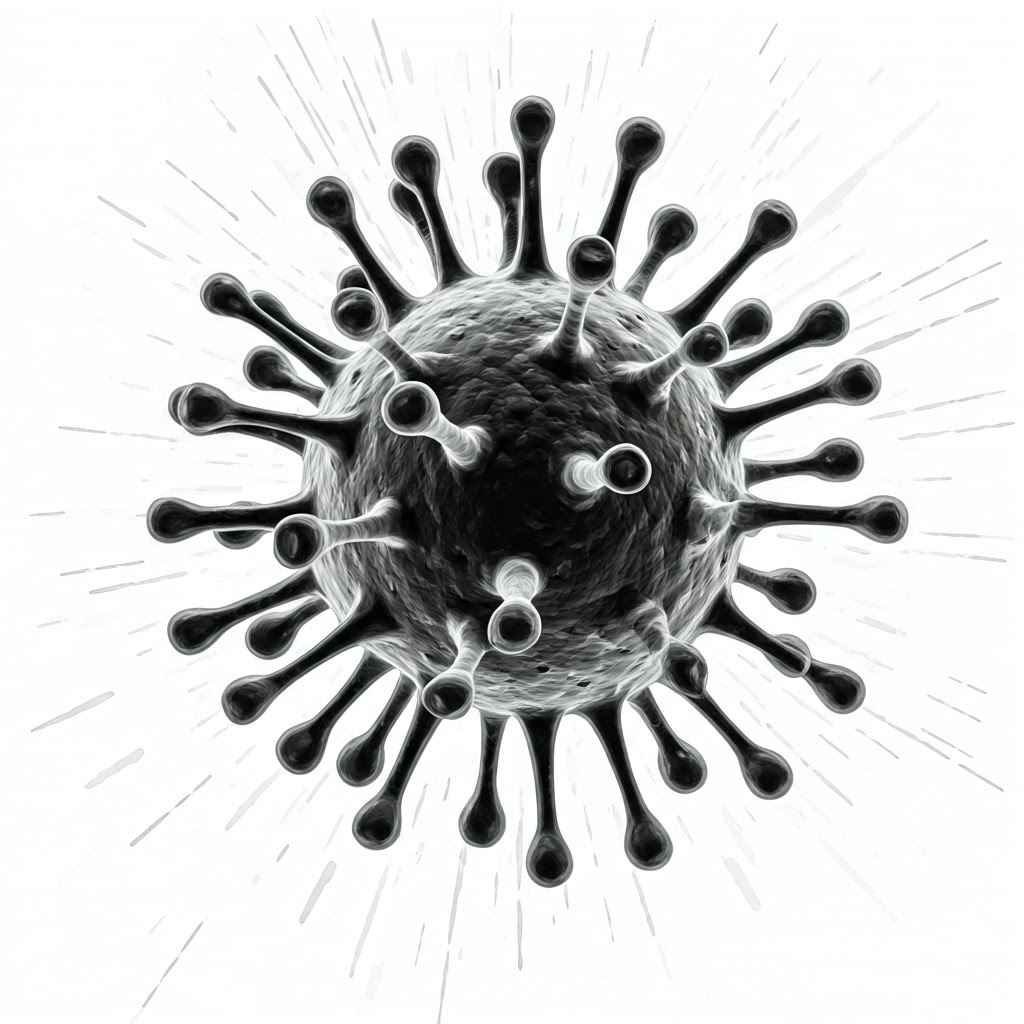The World Health Organization (WHO) and the Ethiopian Ministry of Health are tackling sexual exploitation, abuse, and harassment (SEAH) head-on. This isn’t just about policy; it’s about creating a safe and respectful environment for healthcare workers and communities alike. Learn how they are making zero tolerance a reality in Ethiopia’s health sector.
- Key Point 1: WHO and Ethiopian Ministry of Health join forces
- Key Point 2: Training programs to prevent SEAH in healthcare
- Key Point 3: Focus on practical skills and collaboration
- Key Point 4: Adapting global best practices for local context
- Key Point 5: Support for health workers in emergency situations
Taking a Stand: The Zero Tolerance Initiative
In a powerful move to protect healthcare workers and communities, the World Health Organization (WHO), in partnership with the Ethiopian Ministry of Health, is pushing forward with a “zero tolerance” approach to Sexual Exploitation, Abuse, and Harassment (SEAH). This initiative is not just a statement; it’s a dedicated effort to build a healthcare system where respect and safety are paramount.
Training the Front Lines
A critical part of this initiative is the Prevention and Response to Sexual Exploitation, Abuse, and Harassment (PRSEAH) training workshops. Recently, a vital workshop was held in Adama, Ethiopia, where focal points from federal hospitals, health agencies, and administrative units were equipped with the necessary skills to prevent, report, and address SEAH incidents effectively. These workshops, supported both financially and technically by WHO, emphasize the importance of practical, action-oriented strategies for a safer healthcare environment.
Participants gain invaluable expertise in coordination, communication, and the implementation of effective SEAH response mechanisms. By creating stronger networks and fostering collaboration, this initiative ensures that no one is left to face these issues alone.
Why This Matters, Especially Now
Ethiopia’s healthcare system operates under tough conditions, often facing overlapping crises like conflicts, disease outbreaks, and natural disasters. In such times, the risk of SEAH increases, making it even more crucial to safeguard health workers and the communities they serve. The Ministry of Health, with guidance from WHO, has adapted global best practices to create localized guidelines that are relevant to the unique Ethiopian context.
These guidelines have been translated into Amharic, ensuring that resources are accessible and can have maximum impact. This move shows a strong commitment to including everyone in the fight against SEAH.
Voices from the Ground
Ms. Tesfanesh and Ms. Alemtsehay, Women and Social Affairs Inclusion Directors from ALERT Hospital and the Ethiopia Pharmaceutical Supply Service, emphasized the impact of WHO’s technical and financial support, noting that it has been invaluable in building a robust foundation to address workplace harassment and SEA. “These efforts empower us to create safe and inclusive environments for our workforce,” they said.
Building a More Resilient Health Sector
The PRSEAH training is a key component of a broader strategy to build a more resilient health sector in Ethiopia. In emergencies, when workers are under more stress, ensuring a safe and respectful workplace is critical for maintaining morale and service quality. A participant noted that this training gives them clear protocols and confidence to uphold zero tolerance for SEAH, even during the most challenging times.
A Sustained Partnership
This workshop is just one part of an ongoing collaboration between the WHO and the Ministry of Health. WHO provides vital support, covering both financial costs and logistical needs, ensuring that PRSEAH focal points are well-equipped to fulfill their critical roles. The Ministry of Health will monitor the progress of focal points and continue expanding safeguarding practices across all federal health institutions, with WHO’s ongoing technical support.
Through these combined efforts, Ethiopia is making significant strides toward a healthcare system where dignity, safety, and respect are guaranteed for everyone. This is more than just a policy change; it’s a cultural shift that promises a better future for healthcare in Ethiopia.
Additional Info
The World Health Organization (WHO) is the leading health authority within the United Nations (UN) system. They focus on ensuring the safety of our environment—from the air we breathe to the food we eat and the medicines we use. Their work touches lives daily, often behind the scenes.
Looking Ahead
The focus now is on continuing the momentum, ensuring that the values of compassion and ethics are upheld in all aspects of Ethiopia’s healthcare system.





